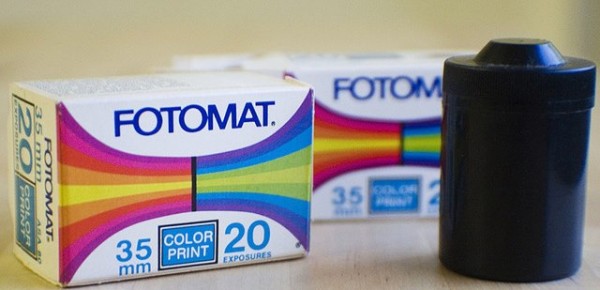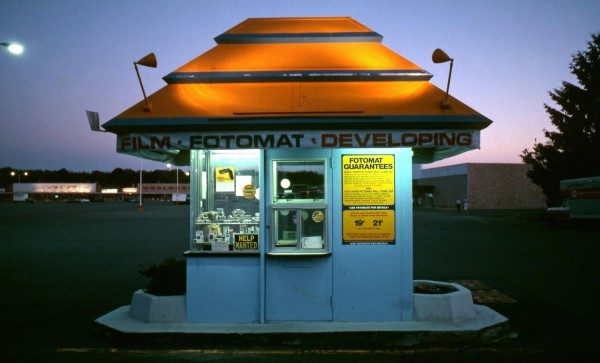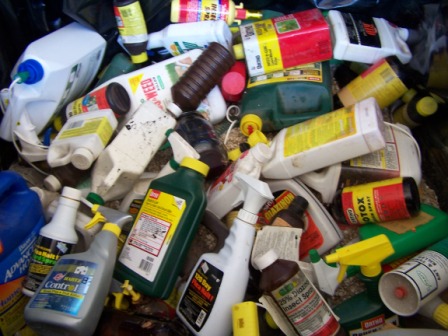Here is another installment in our Who Remembers? series. You can browse previous articles by using the search bar on the right or by clicking here. These articles are strolls down memory lane. In some cases, the buildings, but new businesses have replaced them. In other instances, the buildings or even the properties have been razed. Instead of a building, it may be a TV show, personality, or commercial that no one longer exists. Either way, it can’t stop us from taking the Memory Lane stroll!
As always we would rather this be a discussion. No one knows this area better than those who grew up here! Please, leave constructive criticism, feedback, and corrections. We’d love to hear your anecdotes. Please share!
I recall once talking to my daughter when she was about 7 or 8 years old and I told her a story about when I was about 18 years old and had to walk to a payphone after my car broke down once. She laughed and thought I was joking with her.
On a separate occasion, I came across a photo on social media which featured an image of a cassette tape and a pencil and stated: “People in this generation have no idea how these two go together.” Sure enough, I asked my daughter and she had no idea.

Besides the fact that this demonstrates how much of a dinosaur I am, it illustrates the speed with which times flies by and how quickly things change. Often we assimilate new technologies so seamlessly that within a few years we forget the old ways of doing things, or how things used to be.
One of those things was the standalone or freestanding Fotomat kiosks that made their home in shopping plazas – there was one in the King’s Highway Plaza. As an alternative to the Instamatic Camera which came out around the same time, the “regular” way of taking pictures was to take your film roll to developed and wait a week or two. Put your roll in the tiny metal and eventually plastic container with a little pop-on lid and bring it by the kiosk.
I don’t remember if it was a myth or not, but I remember everyone would tell you to quickly put the roll into the camera before the light would ruin the entire batch. You were supposed to go into a panic as if you had some type of radioactive material or a hot potato. You didn’t want to be that guy who ruined an entire batch of photos that took everyone a week or two to take and then another fortnight to develop and find out were ruined.

Fotomat was started by a man named Preston Fleet who opened its first kiosk California in 1965, it revolutionized the camera and photo industry by cutting that waiting time to 24 hours. Their kiosks looked like a garden shed or perhaps what the home of a Gnome would look like and these locations were a little bigger than a phone booth. Another comparison, perhaps pertinent if you were an employee, is that of a prison cell.
Throughout the day a courier would come to the kiosk, pick up the rolls of waiting film, bring them to a processing center and return them within 24 hours. Who remembers getting the envelope of pictures and negatives and quickly looking at a few to make sure everything came out alright before driving off? Remember the commercial?
Americans love anything that makes life more convenient and saves time so the concept took off. Exploded. By 1971 the company was such a massive giant with thousands of locations that they went public on the NYSE in 1971. By 1980 there were 4,000 throughout the country and this is when the popularity of the chain began to wane.

When this happened corporate suits tried to revitalize the company by expanding into the newly booming videotape market. You could drop your videotape off and have your home movies put on a separate tape so you could then record of your original. Remember this was a time when the technology was new and as with all new technologies the VHS tape was expensive.
In addition to this service, Fotomat sold blank VHS tapes and long before Blockbuster video existed, they rented prerecorded tapes for a fee, the equivalent of about $45. Hard to believe, right?
While this breathed new life into the company, it didn’t last long. Once “minilabs” arrived in retail stores you could drop your film off and then go shopping…then return to pick them up the next day and go shopping again. Fotomat took another hit. Then when these mini-labs got advanced enough to cut the time down to a few hours the proverbial nail was set in the coffin.

In 1983, 1,000 kiosks – a quarter of their locations – were closed. Within a few more years entire cities had all their kiosks closed and by the end of the decade, there were under 1,000 left. Finally, digital technology arrived to execute the coup de grâce.
While the company would die, their kiosks didn’t. The kiosks became attractive to small business owners who didn’t have a lot of start-up money and/or wanted a turn-key business for little start-up money. The kiosks would become everything imaginable and unimaginable from cigarette stores, watch repair, key cutters, coffee and locksmiths, to um, a house of prayer and chakra balancing.
Boy, have the times changed.

Chakra balancing anyone? Cultoftarot photo.
What do you remember most about the Fotomat kiosk? Have something else you want us to feature in the next “Who Remembers….?” Leave a comment or message us at info@newbedfordguide.com.
 New Bedford Guide Your Guide to New Bedford and South Coast, MA
New Bedford Guide Your Guide to New Bedford and South Coast, MA
















